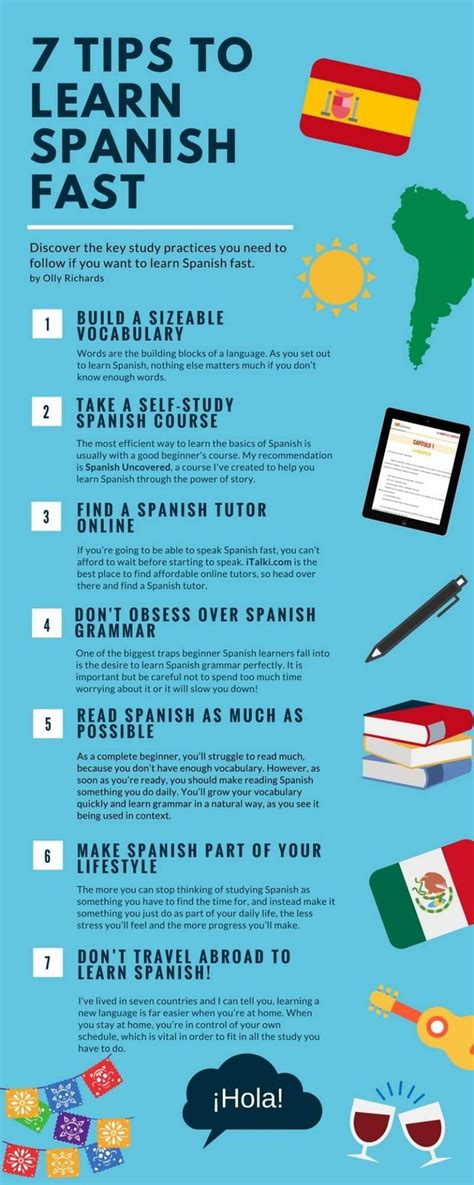The answer to this question depends on a number of factors, including your individual learning style, the amount of time you can commit to studying, and the resources you have available. However, there are some general guidelines you can follow to estimate how long it will take you to reach a certain level of proficiency.

Factors that affect how long it takes to learn Spanish
- Individual learning style: Some people learn new languages more quickly than others. If you have a knack for languages, you may be able to learn Spanish more quickly than someone who struggles with language learning.
- Amount of time committed to studying: The more time you can commit to studying Spanish, the faster you will learn. If you can only study for a few hours each week, it will take you longer to reach fluency than if you can study for several hours each day.
- Resources available: The resources you have available can also affect how quickly you learn Spanish. If you have access to a good language learning program, a native speaker tutor, and plenty of opportunities to practice speaking and listening, you will likely learn more quickly than if you only have access to a textbook and a dictionary.
Estimated time to reach different levels of proficiency
The following are some general estimates of how long it takes to reach different levels of proficiency in Spanish:
- Beginner: This level is typically characterized by the ability to understand and use basic Spanish vocabulary and grammar. It takes most people about 200 hours of study to reach this level.
- Intermediate: This level is typically characterized by the ability to understand and use more complex Spanish vocabulary and grammar. It takes most people about 400 hours of study to reach this level.
- Advanced: This level is typically characterized by the ability to understand and use Spanish fluently in both spoken and written form. It takes most people about 600 hours of study to reach this level.
Tips for learning Spanish more quickly
If you want to learn Spanish more quickly, here are a few tips:
- Set realistic goals: Don’t try to learn too much too quickly. Start with small, achievable goals and gradually increase the amount of material you are learning.
- Be consistent with your studies: The more consistently you study Spanish, the faster you will learn. Try to set aside a specific time each day or week to study.
- Use a variety of learning methods: There are many different ways to learn Spanish, so find a method that works best for you. Some people prefer to use textbooks, while others prefer to use online courses or apps.
- Immerse yourself in the language: The best way to learn a language is to immerse yourself in it. Try to find opportunities to speak, listen to, and read Spanish as much as possible.
- Don’t be afraid to make mistakes: Everyone makes mistakes when they are learning a new language. The important thing is to learn from your mistakes and keep practicing.
Conclusion
Learning Spanish can be a rewarding experience. With the right approach, you can reach fluency in a relatively short amount of time. Just be patient, consistent, and immerse yourself in the language as much as possible.
